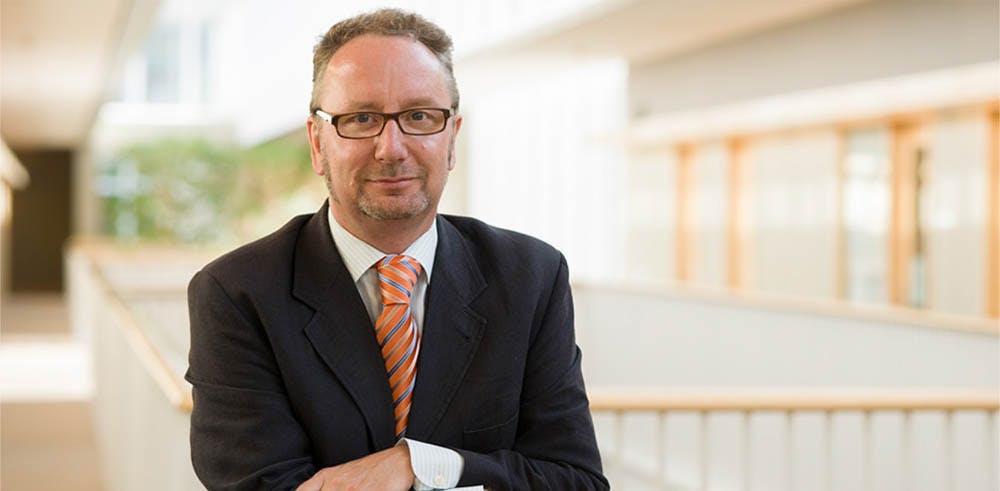This fall, the University re-launched the William R. Rhodes Center for International Economics and Finance, which aims to support “interdisciplinary scholarship that seeks to understand how … global processes matter for both local politics and national welfare,” according to the Rhodes Center’s website.
In July, the University appointed Mark Blyth, professor of political science and international and public affairs, to direct the center, which is currently housed in the Watson Institute for International & Public Affairs.
By relaunching the center, Blyth said he hoped to emphasize the center’s multidisciplinary approach to scholarship and attention to building strong community relationships.
This shift will be facilitated by its move into the new Stephen Robert Hall this winter, said Edward Steinfeld, the director of Watson. The new building is designed to provide a public space for student, faculty and community interactions, Steinfeld added.
With this move, the Rhodes Center will also be close to other specialized centers affiliated with Watson, which can help “put these centers in an intellectual conversation with each other” to reinforce a commitment to multidisciplinary learning, Steinfeld said. Financial and economic matters “are issues that affect all of us. They affect us in ways that are societal and political as much as economic. They test our values in some ways, so these seem like issues that we should study in a multidisciplinary perspective and that we can’t ignore.”
The Rhodes Center has already hosted several speakers and has several more events scheduled this semester, covering issues including the rise of populism and globalization, according to the Rhodes Center’s website. While the Rhodes Center’s ongoing lecture series is dominated by men due to speaker availability, Blyth said he hopes to see a more diverse presence of visiting scholars in the spring.
Blyth is also working on two regular podcasts within the Rhodes Center. “I love podcasts. It’s a wonderful medium that has taken the intimacy of radio and sort of personalized it on a kind of menu basis. It’s a tremendous way of reaching people,” he said. Additionally, Blyth is having conversations to partner the Rhodes Center with a “major financial publication” to help distribute the podcasts to a wider audience. Blyth expects these discussions to conclude in December.
Currently, the website lists J. Nicholas Ziegler, professor of international and public affairs, as the only other faculty member connected to the Rhodes Center. In an email to The Herald, Ziegler wrote that he was delighted to join the Rhodes Center and will hold “a workshop on comparative corporate governance — specifically, on changing sources of company financing and implications for the way companies in different countries orchestrate the needs of shareholders, employees and the communities in which they operate” later this year.
Given his confidence in the value of a multidisciplinary approach to education, Blyth said he hopes that the Rhodes Center will be a useful resource to all students on campus, regardless of their concentration or focus of study. Blyth added that he hopes to foster engaging “attentiveness and sensitivity to questions of finance” in conversations occurring within the Rhodes Center and with other Watson programs.
“Brown is made up of three pools: the students, the grad students and the faculty — no offense to the administration. At the end of the day, everything else is (about) making those connections work … better than they already are.”





